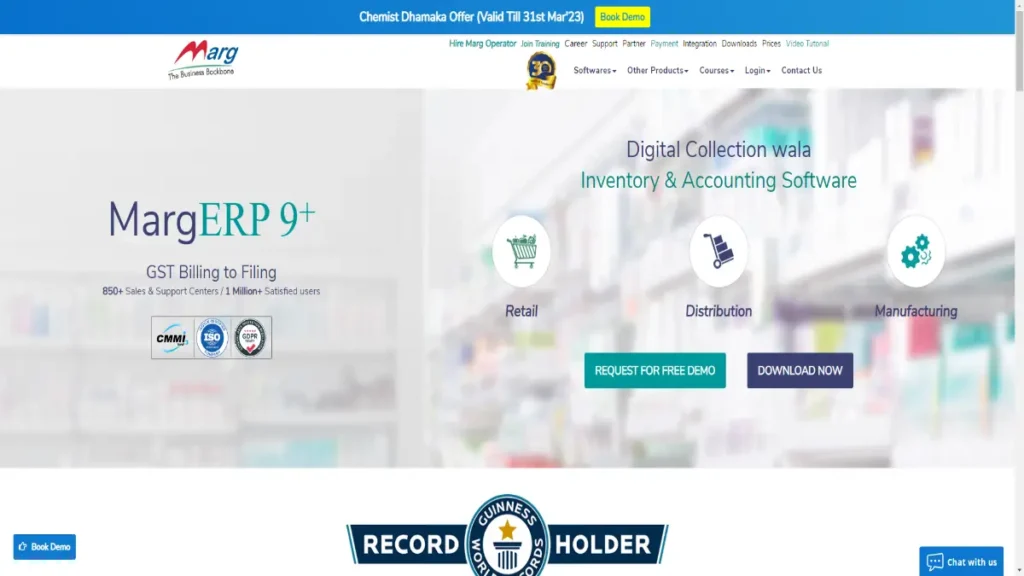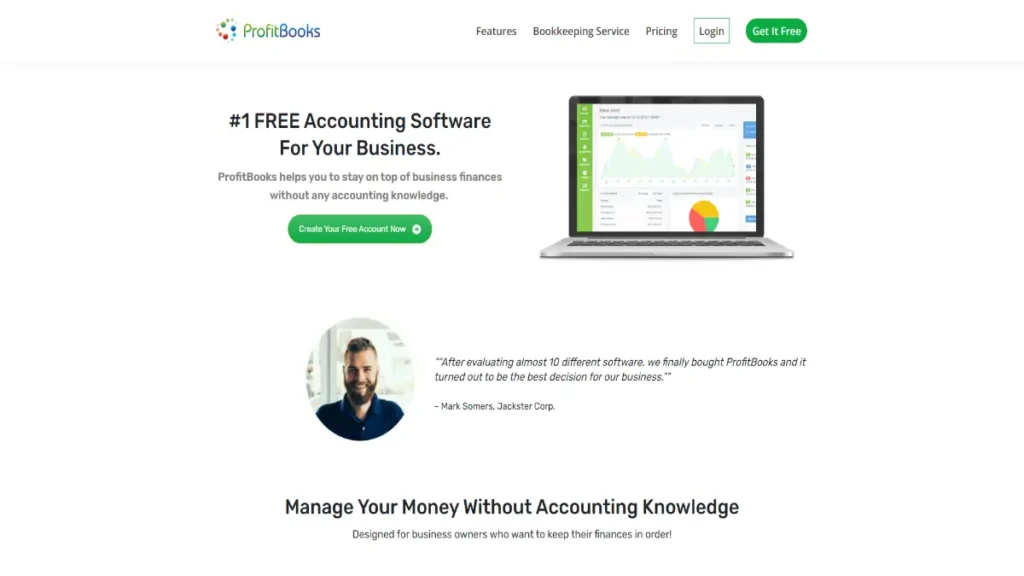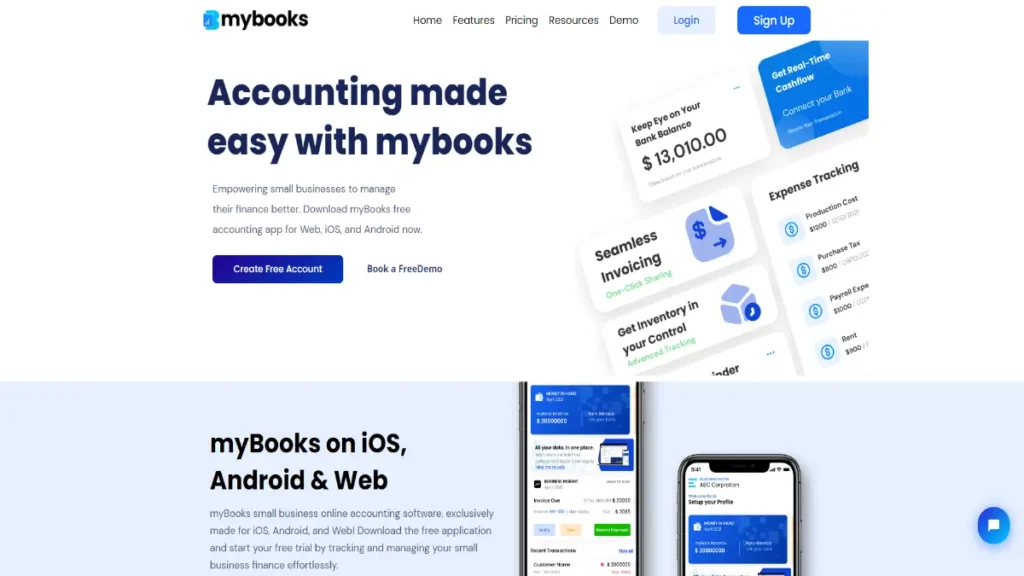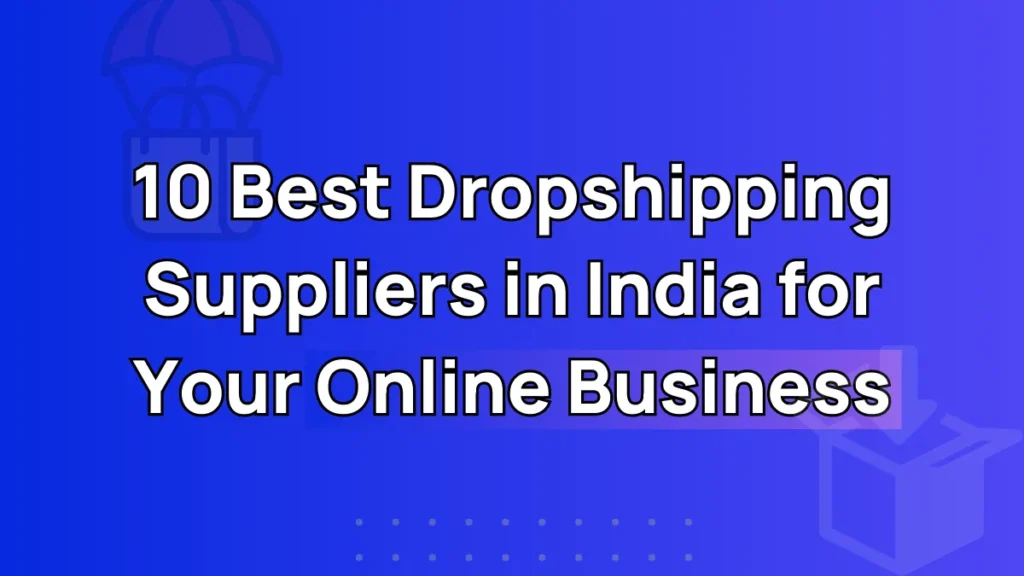When you run an ecommerce business, it’s essential to have a reliable accounting system in place.
Accurate bookkeeping ensures that you can monitor your finances, track expenses, and prepare financial reports with ease. Thankfully, there are several accounting tools/software available today that cater specifically to ecommerce businesses.
Table of Contents
List Of top accounting software for ecommerce businesses
- Tally: Tally is one of the most popular accounting software for ecommerce businesses. It is easy to use and offers features like inventory management, payroll processing, GST compliance, and more. Tally also has an online version, which allows you to access your accounts from anywhere.
- Marg: Marg is another well-known accounting tool for ecommerce businesses. It offers features like inventory management, order processing, billing, and more. Marg’s cloud-based version makes it easy to access your accounts, even when you’re on the go.
- Busy: Busy is a comprehensive accounting software that caters to the needs of small and medium-sized ecommerce businesses. It offers features like inventory management, invoicing, GST compliance, and more. Busy also allows you to customize your reports as per your specific requirements.
- Zoho Books: Zoho Books is an excellent accounting tool for small ecommerce businesses. It offers features like invoicing, expense tracking, project management, and more. Zoho Books also has mobile apps, making it easy to manage your accounts while you’re on the go.
- ProfitBooks: ProfitBooks offers a simple and intuitive accounting solution for ecommerce businesses. It offers features like inventory management, invoicing, expense tracking, and more. ProfitBooks also offers a free plan, making it an affordable option for startups and small businesses.
- MyBooks: myBooks is an accounting software that offers features like inventory management, invoicing, expense tracking, and more. It also offers a mobile app, making it easy to manage your accounts while you’re on the go. myBooks also offers a free plan, making it an affordable option for startups and small businesses.
Now, Let’s discuss the features of all the best accounting software for ecommerce.
1. Tally

Features:
2. Marg

Features:
3. Busy

Features:
4. Zoho

Features:
5. ProfitBooks

Features:
6. myBooks

Features:
Discover the path to e-com success: Explore our comprehensive ecommerce guides.
People Also Ask
What is Accounting Software for Ecommerce, and Why Do I Need It?
Accounting software for ecommerce is a specialized tool designed to streamline financial management for online businesses. It helps you track revenue, expenses, and taxes, and manage your financial transactions efficiently. You need it to maintain accurate records, save time, reduce errors, and gain insights into your ecommerce business’s financial health.
How Does Accounting Software for Ecommerce Help with Inventory Management?
Accounting software for ecommerce often integrates with inventory management features. It allows you to monitor your stock levels, track product sales, and even automate reorder points. This helps prevent overstocking or understocking, optimizing your inventory management and reducing costs.
Can Accounting Software for Ecommerce Handle Multi-currency Transactions?
Yes, many accounting software solutions for ecommerce support multi-currency transactions. This feature is crucial if your ecommerce business deals with international customers or suppliers. It enables you to accurately record and convert foreign currency transactions, simplifying your financial reporting.
Is Cloud-Based or On-Premises Accounting Software Better for Ecommerce Businesses?
Cloud-based accounting software is generally more popular for ecommerce businesses. It offers flexibility, accessibility from anywhere with an internet connection, and automatic updates. On-premises software may be suitable for some, but cloud-based solutions are often preferred for their convenience and scalability.
How Does Accounting Software for Ecommerce Help with Tax Compliance?
Accounting software for ecommerce often includes tax management features. It helps you calculate and track sales tax, VAT, and other taxes relevant to your business. Some software even offers tax filing capabilities or integrates with tax preparation services, making it easier to stay compliant with tax regulations.



